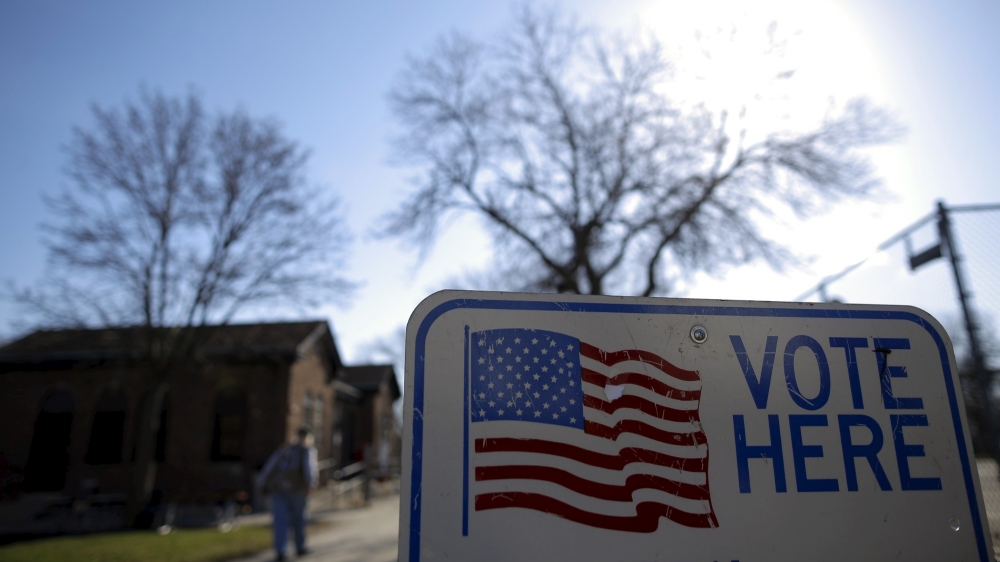by Marek N. Posard

Foreign interference in U.S. politics has been a concern since the nation was founded.
Russian information efforts aim to elicit strong reactions and drive people to extreme positions to lower the odds they will reach a consensus—the bedrock of U.S. democracy.
New technologies have made Russia's information efforts easier to implement than the propaganda campaigns that the Soviets conducted during the Cold War.
Studies about how to defend against these efforts have focused on different units of analysis: Some studies focus on the original content; others focus on how this content spreads within networks; and still others focus on protecting consumers.
To respond to foreign interference, we recommend (1) taking a holistic approach that anticipates which groups of Americans are likely to become targets and (2) designing evidence-based preventive practices to protect them.
Throughout the remaining U.S. political campaign season of 2020, Russia might try again to manipulate and divide U.S. voters through social media. This report is the first in a four-part series aimed at helping policymakers and the public understand—and mitigate—the threat of online foreign interference in national, state, and local elections.[1]
Concerns over foreign influence in U.S. politics date back to the founding of this country. Alexander Hamilton warned about "the desire in foreign powers to gain an improper ascendant in our councils" (Hamilton, 1788). George Washington's farewell speech cautioned that "foreign influence is one of the most baneful foes of republican government" (Washington, 1796). During the Civil War, the Confederacy solicited the support of Britain and France against the Union (Central Intelligence Agency, undated). In 1940, the British covertly intervened in the U.S. presidential election in hopes to garner support for U.S. intervention in World War II (Usdin, 2017). During the Cold War, the Soviet Union operated a sophisticated program involving covert and overt information efforts against the United States (Jones, 2019; Schoen and Lamb, 2012).
More recently, the U.S. Senate Committee on Intelligence presented evidence that Russia directed activities against state and local election infrastructures and tried to spread disinformation on social media during the 2016 presidential election (Select Committee on Intelligence of the United States Senate, 2019, undated, 2020). In 2018, the Department of Justice indicted the Internet Research Agency LLC, located in St. Petersburg, Russia, for interfering in U.S. elections as far back as 2014 (United States v. Internet Research Agency LLC, 2018).
Given these past and likely extant threats to U.S. elections, the California Governor's Office of Emergency Services asked the RAND Corporation's National Security Research Division for research to help them analyze, forecast, and mitigate threats by foreign actors targeting local, state, and national elections.
This four-part series (Figure 1) will present
what the literature says about information efforts by foreign actors
the results of an analysis of social media to identify potential exploits
a survey experiment to assess interventions to defend against some of these exploits
qualitative interviews of survey respondents to understand their views on falsehoods.
No comments:
Post a Comment